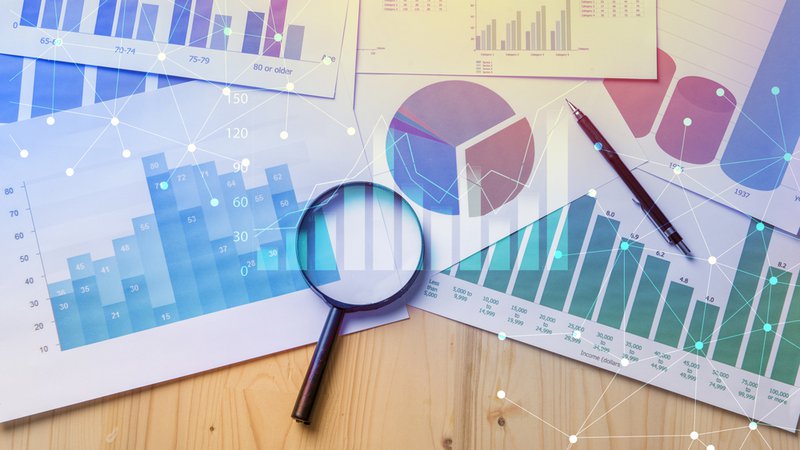Congress, Data, and the Digital Age
Experts urge new commitment to evidence-based policymaking
Blog Post

Oct. 28, 2021
"There are far more evidence-based policy making tools available today to support Starbucks coffee sales than to assist the U.S Congress. That has to change." - Testimony of Tara Dawson McGuinness, Modernization Committee, October 27, 2021
On October 27, New Practice Lab Senior Adviser and Power to the Public co-author Tara Dawson McGuinness testified before the bipartisan Select Committee on the Modernization of Congress. McGuinness joined sector colleagues Nick Hart, Ph.D. (President, Data Foundation) and Poppy MacDonald (President, USAFacts) at “Strengthening the Lawmaking Process: How Data Can Inform and Improve Policy.”

The hearing tackled the urgency for improved data systems and for more rapid deployment and improved use of high-quality data. McGuinness noted that, without an intentional feedback loop to support real-time learning from constituents, leaders risk perpetuating systems and practices that don't work -- even as they have the evidence in their grasp.
This commitment to a creating stronger feedback loops between constituents and policymakers is at the heart of the New Practice Lab's model. You can learn more about the Lab's latest work to center families' lived experience in policy design here.
You can find Power to the Public, from McGuinness and Hana Schank here.
"Thank you Chairman Kilmer, Vice-Chair Timmons, members of the Committee. I am grateful to join you today to talk about the important task of equipping Congress to really work for the public in the digital age. In particular, how you can improve how you use data to make better policy and deliver outcomes for the public.
While the new Millennium has brought a ruthless focus on using data to deliver for customers in the private sector–– testing messages, imagery, and even tweaking the timing of emails to increase customer response––this modern toolkit is not yet accessible to Congressional leaders trying to bring critical benefits to citizens.
Before I speak to you about steps that you could take to more effectively us data, I want to talk about coffee: Starbucks coffee. Starbucks uses a combination of user research and data to drive decision making. They test what works - from menu offerings to staffing demands on a rainy vs. sunny day.
There are far more evidence-based policy making tools available today to support Starbucks coffee sales than to assist the U.S Congress. That has to change.
Coffee isn’t nearly as important as any single one of the scores of activities driven by this legislative body: keeping us safe, keeping our water clean, effectively providing vaccines, or food security or health insurance.
The COVID-19 pandemic has brought an unprecedented urgency to using data equitably in policy making -- from tracking and containing the spread of the virus to delivering economic assistance in a timely and effective way. At their core these challenges are data problems: modern tools are required to build accurate data sets, interpret data and measure impacts.
I will focus my testimony on four key recommendations for making this transformation to using data to drive outcomes:
- First, we need to create real-time data, machine readable data on priority government programs to see what is working and what isn’t.
- Second, we need Congress to be a place where the brightest technologists, data scientists, designers and engineers go to work -- because policy is delivery and delivery is policy.
- Third, Congress needs to do what it ordered the federal government to do: bring practices of plain language and user-testing to its communications.
- Finally, data and evidence.
It really doesn’t matter if you build a data and evidence capacity if you don’t have a willingness to learn and change what works and what doesn’t. In our book Power to the Public, the defining qualities of governments that were having profound outcomes were threefold: government officials didn’t just have data, they also had meaningful feedback loops with the humans they serve, and they had a culture where the learning from the data and from their constituents changed their decisions. Plenty of organizations have data and dashboards, far fewer of them use the learning to tackle root causes, change incentives and cultures and stop doing things that don’t work.
I am grateful for the attention this Committee has paid to this challenge. Congress’s capacity to collect and use evidence may seem like a small technical thing, but in the digital age it is the difference between accessing life saving vaccines, receiving a rental check before eviction. The ability to see what works and what doesn’t is nothing short of life saving." (Testimony Excerpt: Tara Dawson McGuinness)